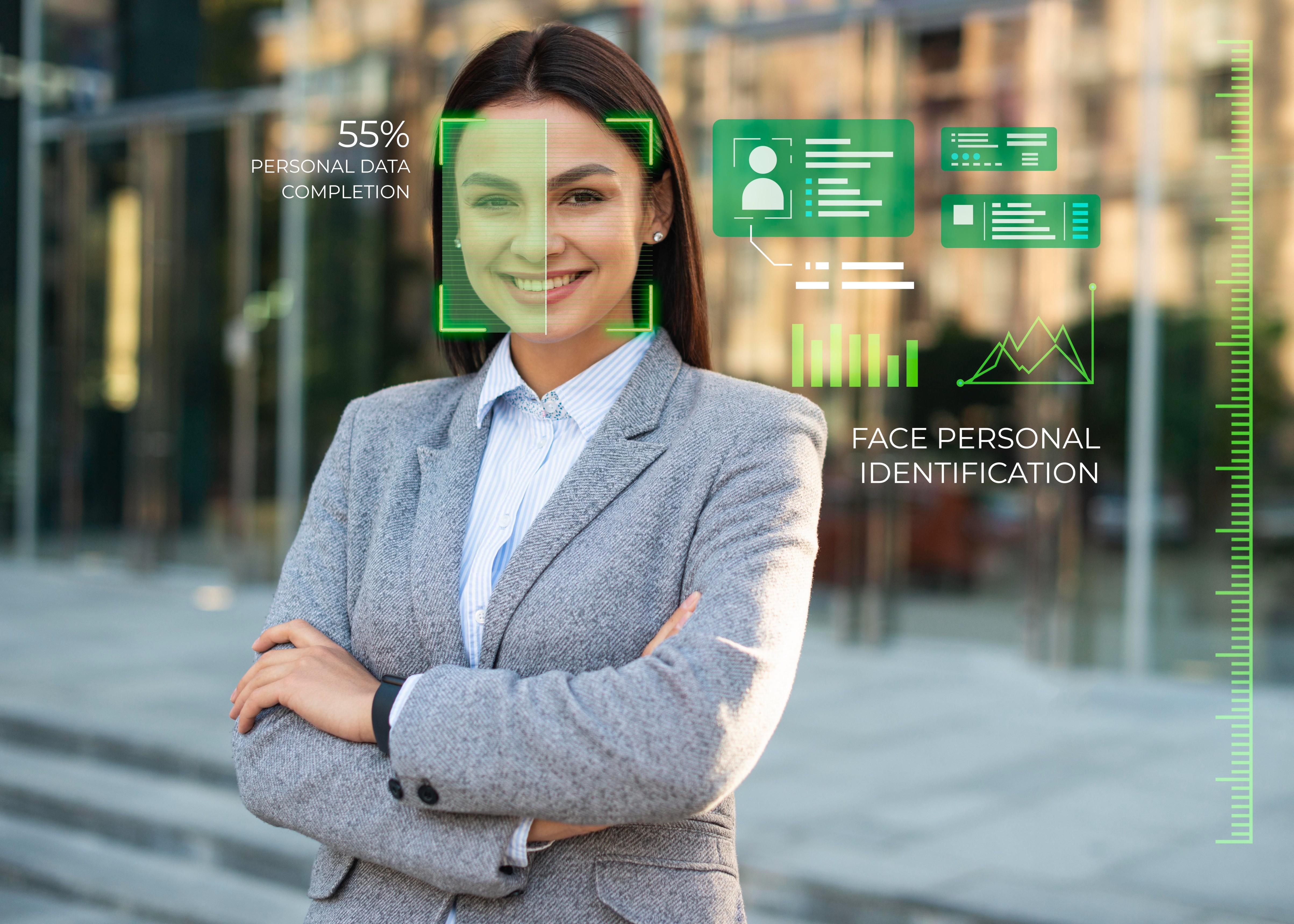Ethical AI in HR: Building Fair and Transparent Systems

Artificial intelligence (AI) is transforming the world of human resources, enabling organizations to streamline hiring, enhance employee engagement, and optimize workforce management. From resume screening to performance evaluation, AI-driven tools are becoming an integral part of HR operations.
However, as with any powerful technology, AI comes with risks—particularly when it comes to ethics. Concerns around bias, transparency, and fairness have raised important questions about how HR leaders can responsibly adopt AI. Building ethical AI systems in HR is no longer optional; it’s essential to maintaining trust, equity, and compliance in the workplace.
The Promise of AI in HR
AI offers a range of benefits for HR teams:
-
Efficiency: Automating tasks like resume parsing, scheduling interviews, and managing employee queries saves time.
-
Data-Driven Insights: AI helps HR professionals make better decisions based on predictive analytics.
-
Personalization: Chatbots and learning platforms deliver tailored employee support and training experiences.
-
Scalability: AI-powered platforms allow HR teams to manage large, global workforces with consistency.
These benefits, however, must be balanced against the risks of misuse or unintended harm.
Ethical Concerns with AI in HR
1. Bias in Recruitment
If AI systems are trained on biased datasets, they may unintentionally discriminate against candidates based on gender, race, age, or background. For instance, algorithms that favor resumes with certain keywords may exclude equally qualified applicants from underrepresented groups.
2. Lack of Transparency
AI decision-making can often feel like a “black box.” Employees and candidates may not understand how decisions—such as who gets shortlisted or promoted—are being made. This lack of clarity can lead to mistrust.
3. Privacy Issues
AI tools often rely on vast amounts of personal data. Without strong safeguards, there is a risk of breaching employee privacy and mishandling sensitive information.
4. Accountability
When AI makes a mistake—such as rejecting a qualified candidate—who is responsible? HR leaders must ensure accountability is clearly defined.
Building Fair and Transparent AI Systems in HR
To address these challenges, HR leaders need a framework for ethical AI adoption:
1. Ensure Diverse Data Training
AI tools should be trained on diverse, representative datasets to minimize bias. Regular audits can identify discriminatory patterns and allow adjustments.
2. Prioritize Transparency
Employees and candidates should be informed when AI is being used in decisions that affect them. Clear communication about how algorithms work helps build trust.
3. Human Oversight
AI should augment, not replace human judgment. Final decisions—especially those related to hiring, promotions, or terminations—should involve human review.
4. Strong Data Privacy Policies
Organizations must comply with data protection regulations (like GDPR) and ensure secure handling of employee data. Transparency around what data is collected and how it’s used is crucial.
5. Ethical Guidelines and Governance
Companies should establish internal ethics committees or frameworks to guide AI use in HR. This ensures alignment with company values and legal compliance.
The Role of HR Leaders
HR plays a critical role in ensuring that AI adoption aligns with organizational values. By working closely with technology teams, HR leaders can:
-
Advocate for fairness and inclusivity in AI design.
-
Train managers and employees to understand and use AI responsibly.
-
Continuously monitor AI systems to ensure ethical standards are upheld.
This proactive approach not only mitigates risks but also enhances employee trust and employer branding.
The Future of Ethical AI in HR
As AI adoption in HR accelerates, ethical considerations will increasingly shape how companies build and deploy these tools. Organizations that prioritize fairness, transparency, and accountability will stand out as leaders in the future of work.
Ethical AI is not just about avoiding harm—it’s about unlocking the full potential of technology while ensuring equity and respect for all employees. By embedding ethics at the core of AI initiatives, HR can create workplaces that are both innovative and just..
Contact us
https://hrtechnologyinsights.com/contact?utm_source=akbar&utm_medium=blog
Related news
https://hrtechnologyinsights.com/news/workday-dailypay-partner-to-offer-ondemand-pay
https://hrtechnologyinsights.com/news/paycom-expands-leadership-team-with-key-executive-appointments
https://hrtechnologyinsights.com/news/deel-launches-ai-workforce
- Art
- Causes
- Crafts
- Dance
- Drinks
- Film
- Fitness
- Food
- الألعاب
- Gardening
- Health
- الرئيسية
- Literature
- Music
- Networking
- أخرى
- Party
- Religion
- Shopping
- Sports
- Theater
- Wellness


